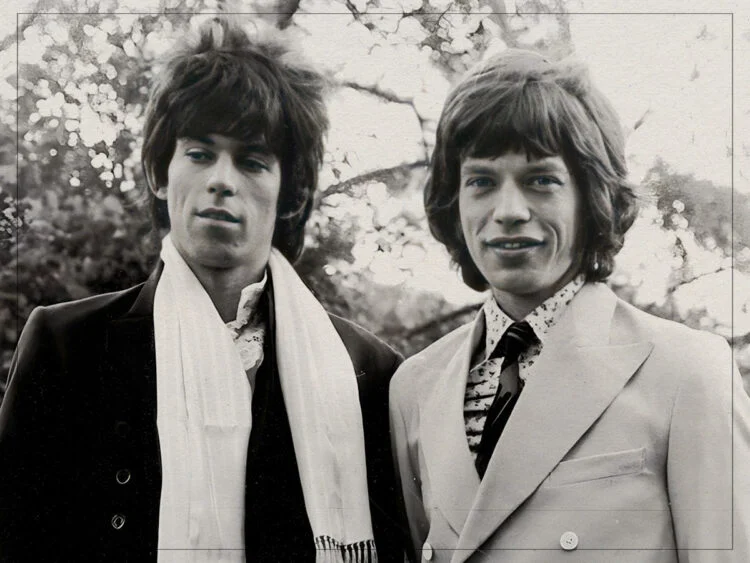Rock is a movement built on youthful rebellion, and nobody captured that spirit better than The Rolling Stones back in the 1960s, but the Mick Jagger-fronted outfit certainly experienced some growing pains in the following decade.
There isn’t much you can say about The Rolling Stones that has not already been repeated time and time again. After all, the blues rock devotees have been a fixture of popular culture for over 60 years at this point, responsible for a plethora of the most iconic rock and roll songs ever written, and still capable of drawing in colossal crowds across the globe. Inevitably, though, the band has experienced its fair share of difficulties, too.
When the band first broke into the musical mainstream during the mid-1960s, with their unique brand of raucous blues-rock, they represented the pinnacle of youthful rebellion during that period. With their long hair, wild antics, and sneering attitude, the band quickly became the ire of parents and authority figures everywhere. Still, it was with this attitude that the band fostered groundbreaking hits like ‘The Last Time’ and, of course, ‘(I Can’t Get No) Satisfaction’.
Ultimately, though, The Rolling Stones had to grow up eventually. As the 1960s progressed, the group explored numerous different avenues of artistic expression, from the divisive nature of their psychedelic masterpiece, Their Satanic Majesties Request, to politically charged counterculture anthems like ‘Street Fighting Man’. The diversity of these efforts helped to keep The Stones on top of the rock and roll pyramid for multiple years, but the 1970s would be a particularly trying time for the band.
Rock and roll was changing throughout the 1970s, splintering off into an ever-expanding landscape of subgenres and niche scenes, from the glam and art rock in the early part of the decade to the abrasive punk that would follow some years later. With the majority of those movements favouring new, young, and up-and-coming artists, the ageing Rolling Stones risked losing some of their relevance.
Couple that ageing process with a plethora of personal problems within the band, often centred around an increased dependency on drugs, and a fatigue with the rock and roll lifestyle, and it is easy to see why the quality of The Stones’ output dipped during the mid-to-late 1970s. Prompting Mick Jagger himself to declare, “People overestimate The Rolling Stones. I don’t think The Stones are as good as people think,” in 1976.
Jagger’s unique sense of humour means that his quote should likely be taken with a pinch of salt, particularly given that he caveated it with the contradictory statement, “Obviously, I think The Stones are a very good band.” However, it could certainly be argued that the frontman was completely correct; The Stones simply weren’t that good back in 1976.
It was in that year that the band released Black and Blue, which was certainly not one of their finest moments as a group. Attempting, unsuccessfully, to recapture the spirit of their magnum opus album Exile on Main St, the record reflected the idea that The Stones were fatigued and past their best. So, whether Jagger was being sincere in his view that “people overestimate The Rolling Stones” or not, he wasn’t far off the mark for that particular year in the band’s expansive discography.
